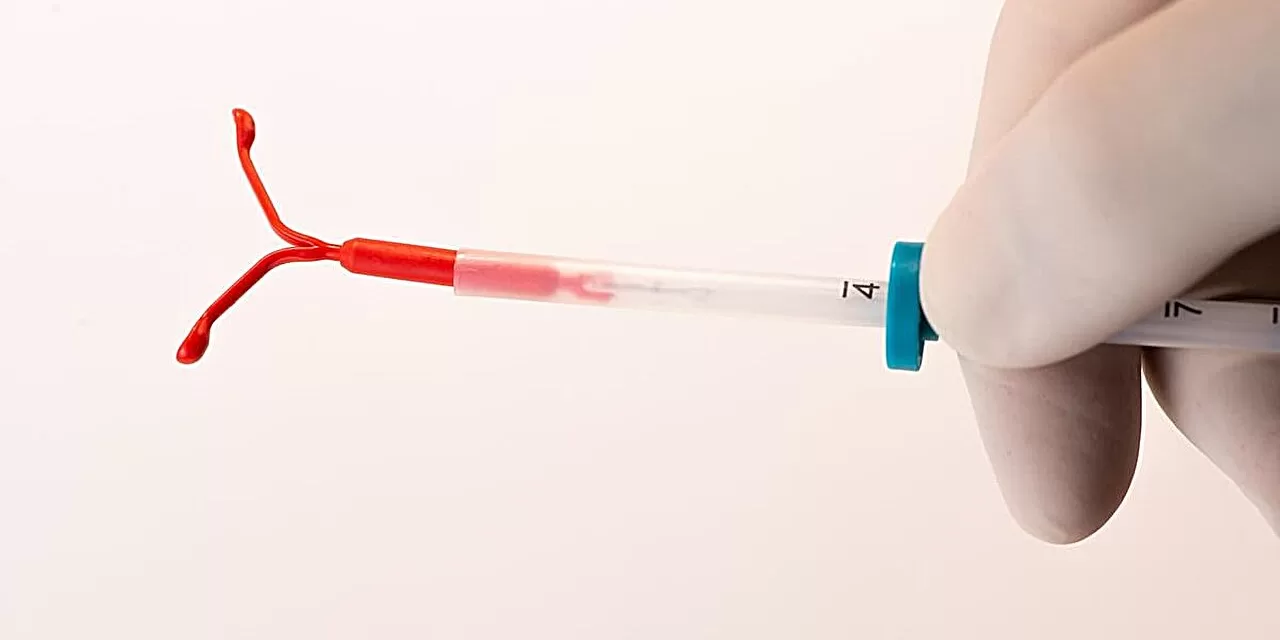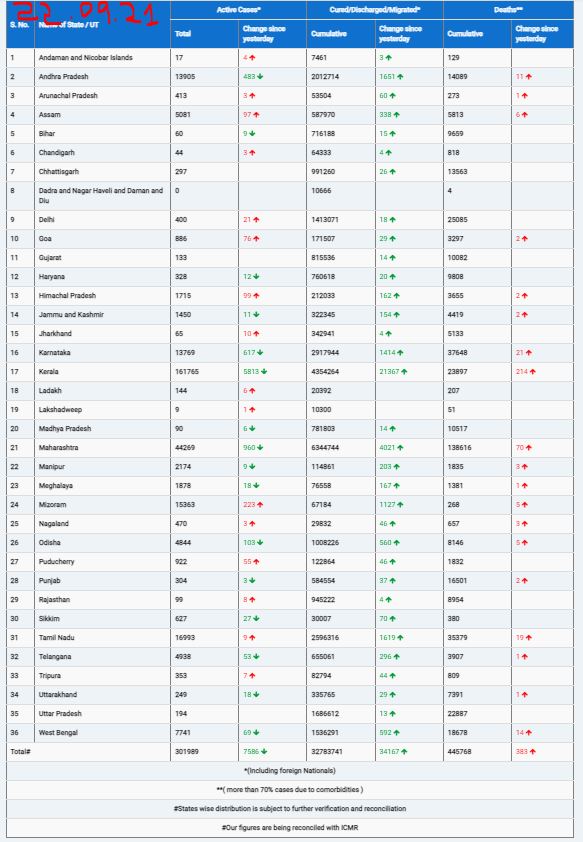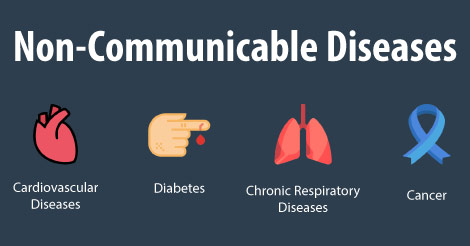A new study published in the Journal of the American Medical Association has found that women using hormonal intrauterine devices (IUDs) may have a slightly higher risk of being diagnosed with breast cancer. However, experts stress that the overall risk remains low, and women should not be alarmed by the findings.
The research, which analyzed health data from 150,000 Danish women, revealed a 40% higher likelihood of breast cancer among those who used hormonal IUDs. This translates to 14 additional breast cancer cases per 10,000 women using the birth control method. Importantly, the study found no increase in breast cancer risk related to the length of time an IUD was used.
While these findings may raise concerns, experts urge women to approach the data cautiously. Kelsey Hampton, director of mission communications and education for the Susan G. Komen Breast Cancer Foundation, emphasized the importance of using this information to have informed discussions with healthcare providers.
“We don’t want people to see this data and feel fear,” Hampton told CNN. “This is just more evidence that can help women make educated choices about their health.”
Dr. Eleanor Bimla Schwarz, a professor of medicine at the University of California, San Francisco, and chief of general internal medicine at San Francisco General Hospital, echoed this sentiment. “The benefits of IUD use far outweigh the risks,” Schwarz said, highlighting that the risk of breast cancer from IUD use is “very small—about one in a thousand.” She added that this risk is lower than many other everyday factors that can contribute to breast cancer.
Hormonal contraceptives, including oral birth control pills, have previously been associated with a slightly increased risk of breast cancer. This new study aligns with earlier research, suggesting that hormonal IUDs carry a similar level of risk. According to data from the U.S. Centers for Disease Control and Prevention, about 10% of U.S. women between the ages of 15 and 49 use IUDs, while 14% use the pill.
At the same time, recent data from the American Cancer Society shows that while breast cancer deaths are declining, new diagnoses, particularly among women under 50, are increasing. This trend underscores the importance of early discussions about breast cancer risk, particularly when women are considering contraceptive options.
Hampton encouraged women to use birth control decisions as an opportunity to discuss their overall breast cancer risk. “When you’re making health care decisions, such as choosing what kind of birth control is right for you, that is a great opportunity to talk about your greater breast cancer risk at large,” she explained.
In light of limited access to abortion services in certain areas, Schwarz emphasized the importance of not letting fear drive women away from effective contraception. “The last thing we want is for somebody to be scared of using an IUD and go have a permanent [sterilization] surgery and then regret it,” she noted.
The study’s findings contribute to a growing body of research aimed at helping women make informed choices about their health.
For more information, see the original study: Lina Steinrud Mørch et al, “Breast Cancer in Users of Levonorgestrel-Releasing Intrauterine Systems,” JAMA (2024). DOI: 10.1001/jama.2024.18575.











